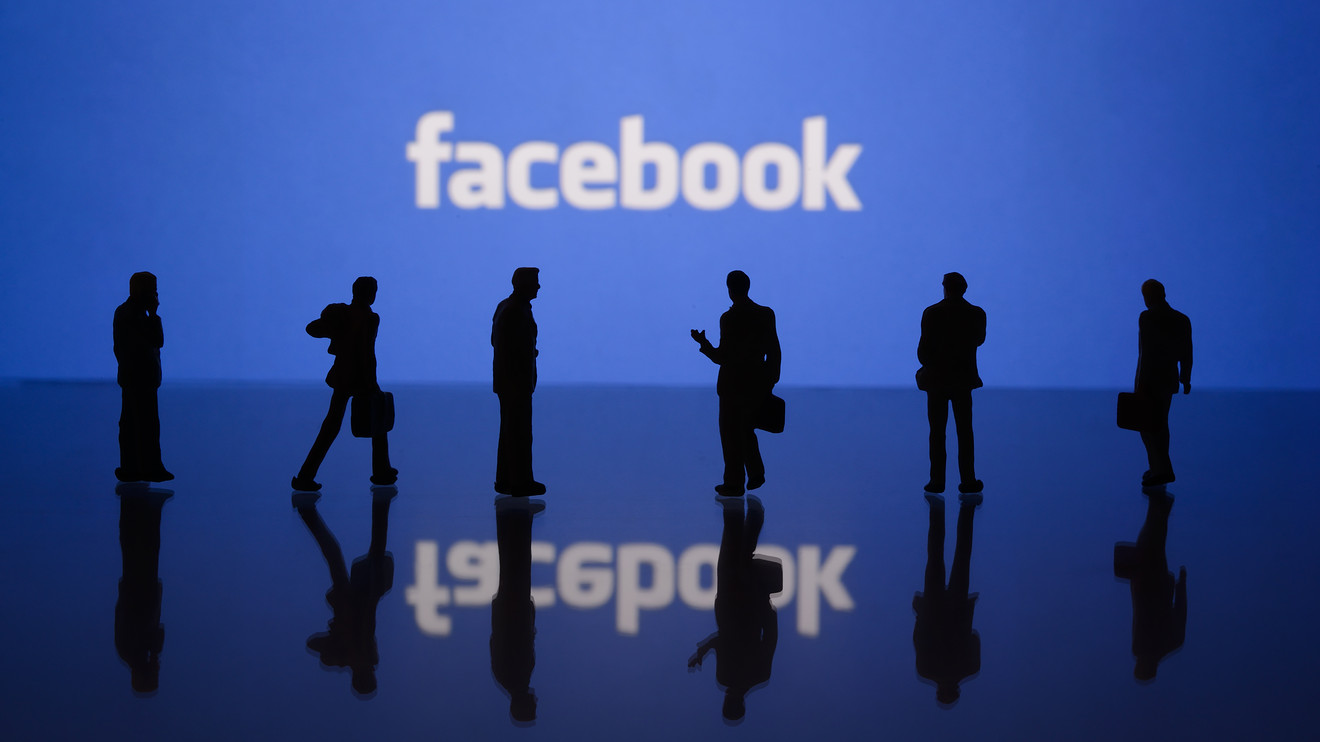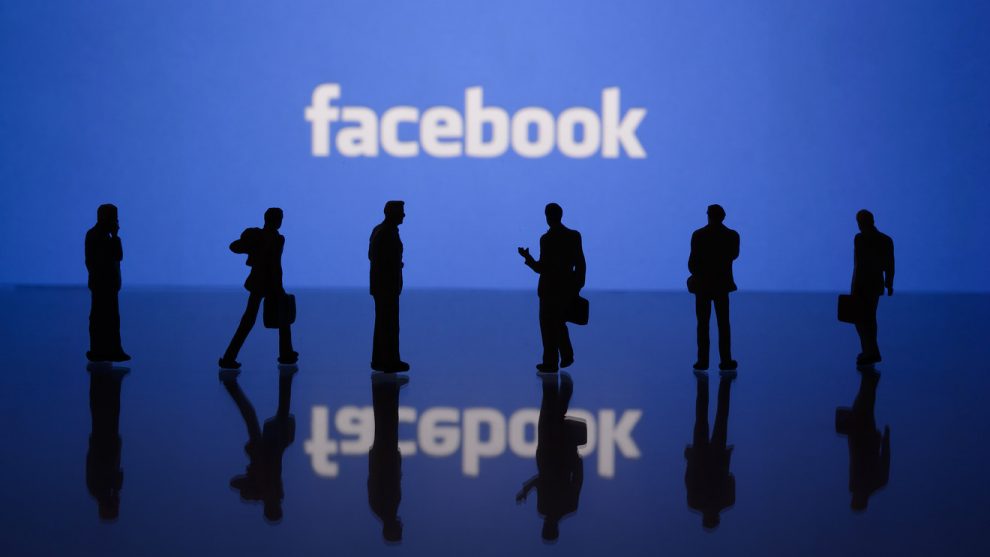
You may have noticed that Facebook Inc. seems to face a new scandal every day. But advertisers, users and investors don’t seem to care.
The social-media giant delivered record profit, revenue and user numbers in 2018, all while coming under near-constant fire for its treatment of user data and role in the spread of misinformation. It’s unlikely that the latest negative headlines, including lax handling of Instagram passwords, will dent the company’s key business metrics.
Facebook FB, +1.29% shares are down more than 16% from their all-time high reached last July, but the stock is currently trading above where it landed after a July profit warning shaved 17% off the company’s market value and prompted the worst single-day drop since Facebook went public. In the past year, Facebook stock has gained 9.1%, right in line with the S&P 500 index’s SPX, +0.88% 8.9% gain over that time.
The company is increasing spending on efforts to improve the user experience in the wake of the Cambridge Analytica scandal, but advertisers and users remain loyal to Facebook’s suite of brands. While the costs are expected to cut into Facebook’s bottom line when the company reports first-quarter earnings Wednesday afternoon — net income is projected to fall about 6% year-over-year — analysts think revenue will jump 25% and the user base will grow in all geographic regions.
Opinion: Facebook crumbles around its lonely king
When asked three months ago about Facebook’s tough year, Chief Financial Officer David Wehner said, “I’d probably just let the numbers stand for themselves.” Those numbers are withstanding all the negative news, and are expected to continue on that path.
What to watch for
Earnings: Analysts surveyed by FactSet expect Facebook to report $1.62 in adjusted earnings per share, down from $1.69 a year earlier. On Estimize, which crowdsources projections from hedge funds, academics and others, the average projection calls for $1.74 in adjusted EPS.
R evenue: The FactSet consensus calls for $15 billion in revenue, while the Estimize consensus calls for $15.1 billion. A year ago, Facebook reported $12 billion in first-quarter sales.
Stock movement: Facebook shares have gained following five of the company’s past 10 earnings reports. The stock has climbed 40% so far this year, as the S&P 500 SPX, +0.88% has risen 17%.
Of the 47 analysts covering Facebook’s stock, 38 rate it a buy, eight rate it a hold, and one calls it a sell, according to FactSet, which lists an average price target of $198.66.
What analysts are saying
Facebook doesn’t share many specifics about Instagram’s performance, but the photo-sharing platform remains of key interest to investors. Toward the end of the first quarter, Facebook rolled out Instagram Checkout, which lets people buy items they see on Instagram from within the app. The feature could add $10 billion to Facebook’s revenue by 2021, according to Deutsche Bank, and management might give updates on initial traction during the call.
Deutsche Bank’s Lloyd Walmsley rates the stock a buy with a $200 target price.
One challenge for Facebook is that users increasingly like viewing ephemeral Stories content, rather than posts in a traditional news feed, especially on Instagram. The company has struggled to make the economics of Stories as attractive as the economics of its main feeds, but Baird’s Colin Sebastian thinks the company could be turning a corner.
Opinion: Zuckerberg’s privacy pledge presents a big conundrum for Facebook
“Our conversations with marketing partners suggest that time spent within Instagram Stories is approaching that of Instagram’s core feed, and brand campaigns in Stories are proving popular with advertisers, which bodes well for pricing convergence with the Newsfeed,” wrote Sebastian, who has an outperform rating and $195 target on the shares.
Instagram is one leg of Facebook’s efforts to make money off of services beyond its core platform, which has fallen out of favor with younger users in the U.S. and Canada. Other efforts center on the company’s messaging platforms, Messenger and WhatsApp. Wedbush analyst Michael Pachter is particularly interested in progress at Messenger, since Facebook rolled out ads there last quarter.
Don’t miss: Tech giants made so much money in 2018 that 2019 is bound to look pretty bad
Pachter will also be watching how quickly Facebook’s expenses grow as the company spends on both product improvements and efforts to improve platform health. While growing expenses have been an area of concern to investors, in part due to Facebook’s strong warnings on the subject, Pachter doubts the company will increase expenses as much as it has cautioned it could.
“Facebook’s operating expense guidance appears intended to signal to regulators that it is taking its privacy initiatives and investments seriously, but we expect overall costs to rise by a more reasonable 30%, reflecting [operating expenditures] excluding [cost of goods sold] of $27.7 billion,” he wrote. Pachter rates the stock at outperform with a $200 target.












